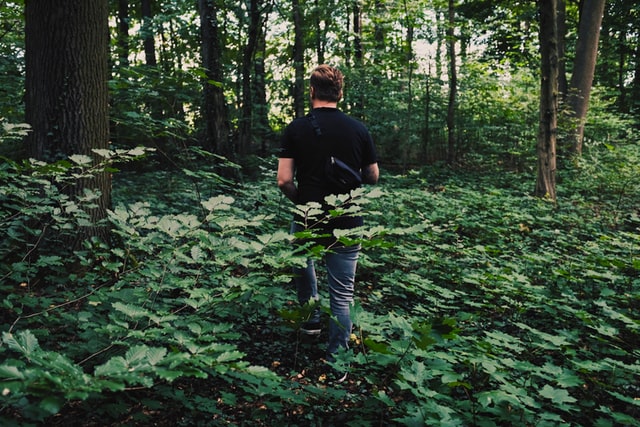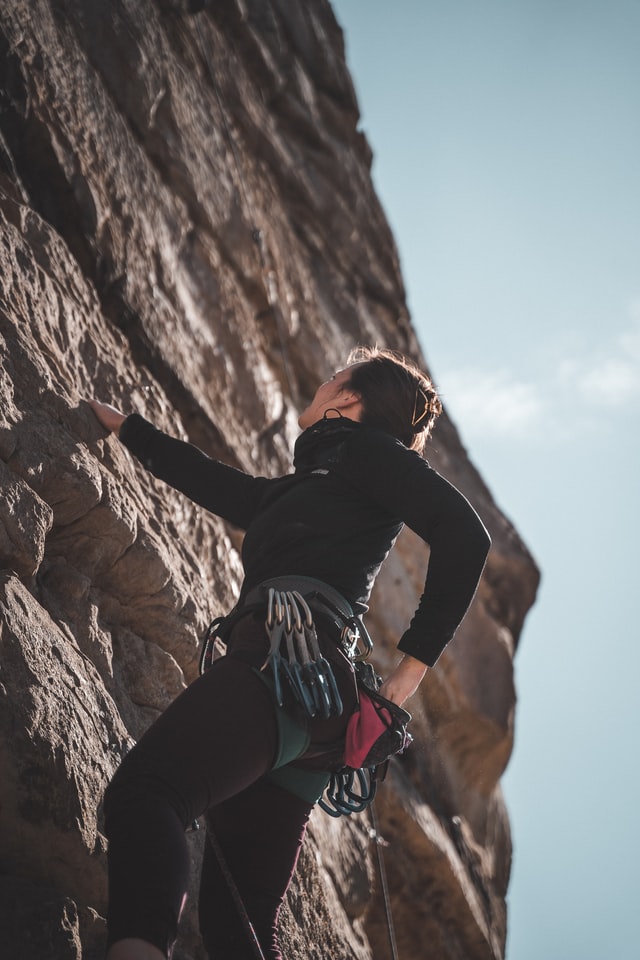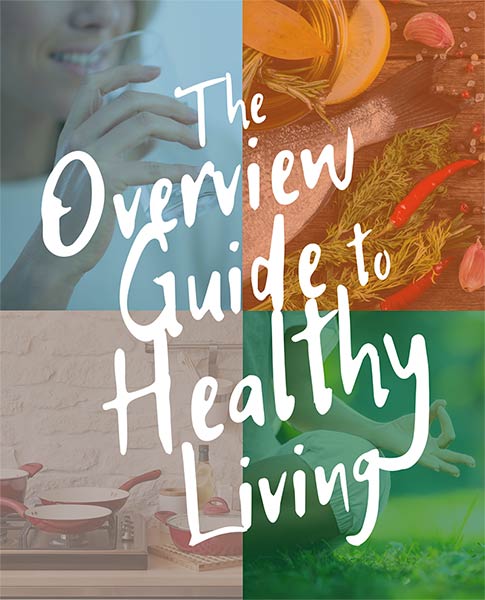Find Your Worthiness In Vulnerability To Achieve Balance
- Discover Your Worth Through Vulnerability
- Understand Your Comfort Zone: The Pros And Cons
- Learn The Balance Needed To Leave And Come Back To Your Safe Haven
“There was only one variable that separated the people who have a strong sense of love and belonging and the people who really struggle for it. And that was, the people who have a strong sense of love and belonging believe they’re worthy of love and belonging. That’s it. They believe they’re worthy.”
– Brene Brown

What would it mean for you to feel worthy? If you truly understood your innate worth, would you still have anything to hide? Or would you dare to open up and reveal the layers of yourself behind the veil of vulnerability?
For the most part, we shield and protect our vulnerability, meaning those parts of ourselves we have decided are a sign of weakness and that when revealed leave us open to criticism, abandonment, and rejection. Yikes!
If you understood that by virtue of merely existing that you are worthy, perhaps there would not be a need to remain in an emotional comfort zone that protects you from exposing the tender underbelly of yourself.
Understanding our innate worthiness allows us to shed layers of shame that inhibit us from reaching our higher potentials of success and connection.
Of course, there is a balance, we do not always need to push the boundaries of our comfort zone, we do not always need to be vulnerable, but rather become willing to push the boundaries of our comfort zone in appropriate situations to forge new arenas for the expression of connection and love.
What Is A Comfort Zone?
What does it mean to have a comfort zone? Essentially, a comfort zone is a state of mind. We all have different mindsets in which we feel at ease. Our comfort zone serves a fundamental purpose of protection. Comfort zones keep people safe and encourage caution when caution is due. In fact, having a comfort zone is what has helped humans survive as a race for as long as we have.
While having a comfort zone is no doubt beneficial in a number of ways, it can also be limiting: Living within one’s comfort zone prevents vulnerability.
It’s important to let our guard down and be vulnerable because in doing so it allows us to share intimate parts of ourselves and develop compassion both for self and others. Ultimately, vulnerability allows us to experience great new avenues of thought.
Vulnerability, however, lies just beyond the boundary of a comfort zone, and to be able to reach states of vulnerability and intimacy requires an exit from our self created comfort zone.
You Are Worthy
Worthiness is not something that can be accomplished or achieved, because it is inherently who you are naturally. There is no seeking in worthiness, but rather uncovering that quality that is of you by virtue of your mere existence.
For many of us, the idea of opening up is scary and can take us way out of our comfort zone, however, by learning to be more vulnerable, you simultaneously teach yourself that you are worthy of both love and happiness.
Here are some steps you can take to get out of your comfort zone and into a state of greater vulnerability:
First—Deep breath in and out as this might be a big ask for many of you—you need to accept the fact that you’re worthy. I know for a fact that you’re worthy because we all are! Whether you are opening up to someone or reaching for a goal, believe that you are intrinsically enough to warrant love, success, and respect: This is your birthright.
In her TEDTalk, Brené Brown expresses:
“There was only one variable that separated the people who have a strong sense of love and belonging and the people who really struggle for it. And that was, the people who have a strong sense of love and belonging believe they’re worthy of love and belonging. That’s it. They believe they’re worthy.”
Second- Please resist the urge to put up walls, allow each barrier around your heat to gently fall away and give yourself permission to experience the feelings that you will have as a consequence of your vulnerability, good or bad. No judgment.
Third- Trust that you can deal with the outcome: No matter what! Of course, negative responses never feel good, but you cannot control how others will react. Know that sometimes when you allow yourself to open up, you risk being rejected or met with indifference. You may have hurt feelings, but that’s how you free yourself to become vulnerable.
When you leave your comfort zone to open yourself up to vulnerability, you make the conscious decision to demonstrate both to yourself and others that you are innately worthy. This is a pretty empowering place to be!
Knowing when to leave your comfort zone into spaces of vulnerability requires discernment so that this process maintains balance.
Finding Balance: The Ebb and Flow Of Vulnerability

A comfort zone can be both encouraging and confining; Ensuring composure and calm, and also by inhibiting growth. For these reasons, it is important to find a balance between remaining comfortable and testing the waters of new experiences.
Let’s discuss the pros and cons of living in your comfort zone:
The Advantages Of A Comfort Zone-
Remaining in your comfort zone allows you to draw on past experience and know what served you and what did not. This ability ensures success when repeating tasks. Additionally, keeping in one’s comfort zone inspires confidence and limits anxiety.
Living in your comfort zone also allows you to mitigate a certain amount of risk: Activities done within your comfort zone can be completed quickly and easily without too much forethought or planning.
The Cons Of A Comfort Zone-
Now, for the cons of living too much of your time in a predetermined comfort zone.
Living in a comfort zone for too long can make you complacent and this leads to missed growth opportunities. Additionally, if you don’t try new things, you can’t succeed at anything new: No risk, no reward.
When you focus only on your skills that you have already acquired, you miss out on chances to develop new skills. This, too, leads to missed opportunities.
As you stretch the boundaries of your comfort zone, you take risks, embrace some discomfort and doubt, and in return, you gain a huge boost in confidence. Leaving your comfort zone is essential to personal growth. However, this doesn’t mean leaving and never returning. It’s also important to spend time healing in a safe space, and this is done in the nurturing confines of your comfort zone.
Finding a balance between leaving and staying is critical to your overall well-being.
Just like developing a physical muscle through weight barring exercises, followed by active rest where muscles are able to rebuild stronger than before. Gaining the emotional ‘muscle’ works much the same way. Step out of your comfort zone, expose yourself, your vulnerabilities, this is the heavy emotional lifting, and then know that you can retreat back to your comfort zone to replenish and rest. Slowly but surely you will be growing in vulnerability, connectivity, and confidence.
Worthiness: A Self Fulfilling Prophecy
The act of stepping out of the comfort zone and exposing our vulnerability takes a certain level of faith in our own worthiness, however with some practice these actions will eventually lead to great levels of conscious worthiness.
Leaving your comfort zone, takes practices but is ultimately greatly rewarding. Remember your safe haven of a comfort zone will always be there for you to come back to. Authentic growth can only occur when you are willing to leave this harbor of emotional safety and try something new.
Be sure to strike a balance between living only in your comfort zone and pressing the boundaries of your safety net.
Remember like all skills, vulnerability takes practice, so be sure that even if you face rejection you can always regroup in your safety zone and try again tomorrow-why? Because you are worthy!
To help you understand the importance of vulnerability, check out this incredible TED Talk by researcher Brené Brown: https://bit.ly/2XFHeDr

